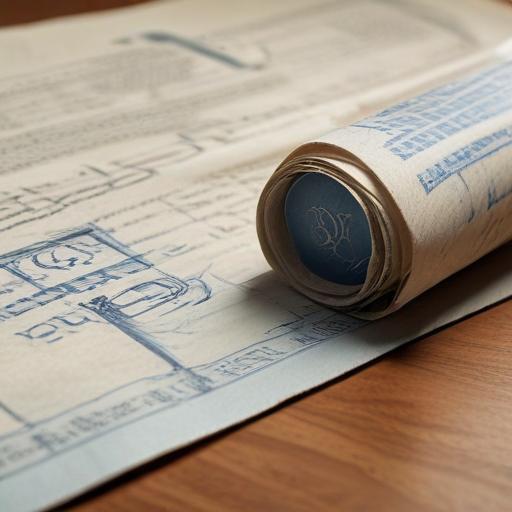The Right of the People: Democracy and the Case for a New American Founding argues that the United States must rethink both its political framework and its economy to deepen democracy. Written by Osita Nwanevu, a longtime critic and journalist for The New Republic and The Guardian, the book contends that America’s democratic failures are rooted in the founding era’s design and in enduring economic inequalities. To him, genuine democracy would require more collective decision-making, greater equality, and stronger protections for ordinary voters and workers—but achieving that would demand sweeping changes to how the country is governed and how its economy operates.
Nwanevu challenges readers to see democracy not as a settled ideal but as an ongoing project that needs a deliberate, corporately tough set of reforms. He treats the Constitution as a historically anti-democratic instrument designed to shield minority power, a line of argument familiar to scholars who trace the Founders’ intent to balance competing interests. The book relies on historical debates and contemporary analysis to argue that major features of the current system—the Senate’s structure, the filibuster, and the unelected, life-tenured Supreme Court—undermine popular sovereignty. It also points to rising inequality and concentrated corporate power as impediments to genuine self-government.
The author’s policy agenda is ambitious. He calls for ending the Senate filibuster, expanding the House, aligning state rules with national popular vote, imposing term limits on the Supreme Court, increasing taxes on wealth, breaking up monopolies, reducing barriers to unionizing, giving workers more say in company decisions, and reordering economic incentives to empower ordinary citizens. In short, the proposals aim to synchronize political power with broader economic equality, under the logic that deeper democracy requires both institutional reform and a more democratic economy.
Critical voices inside the reception note that much of what Nwanevu advances is not entirely new. The argument that the Founding era produced an anti-democratic framework echoes long-running scholarly debates, and his dependence on existing critiques of the Framers—while persuasive to some readers—has a familiar tone to longtime observers of constitutional reform. Some reviewers question the feasibility of a rapid, comprehensive overhaul: even with consensus on reform, the path to major constitutional change appears daunting, and the book’s willingness to contemplate a renewed democratic order coexists with a recognition that politics has to happen in the real world, not just in theory.
The review highlights a tension at the heart of the project: while the book makes a persuasive case for democratizing power, it tends to cast contemporary political actors and voters in somewhat abstract terms. It also notes gaps in explaining how populist currents on the right fit into a broader democratic rebirth and in detailing how exactly a more democratic economy would translate into durable governance. The author argues that understanding today’s voters—and engaging them with practical, grounded organizing—will be crucial if such a reform agenda is to gain traction.
Towards the end, the critique emphasizes that the book’s strongest message is also its potential weakness: the promise that widening political power and reshaping the economy will naturally advance democracy hinges less on a single policy blueprint and more on sustained, organized political effort. The takeaway is not simply a manifesto for reform but a call for rethinking both institutions and everyday economic life to make democracy more than a slogan.
Summary and takeaways for readers
– A provocative blueprint that links constitutional design and economic structure to the health of democracy.
– A mix of historical argument, constitutional critique, and concrete reform ideas aimed at widening popular power.
– Acknowledgment that achieving such fundamental changes would require broad political organizing and pragmatic negotiation, not just moral appeal.
– A balanced but critical reception: the book offers a thoughtful contribution to debates about democracy, even as some readers may find parts of its diagnosis or its path forward contested.
Additional value and commentary
– The work invites readers to consider how much of democracy’s current problems are structural (rules and institutions) versus cultural or political (parties, movements, rhetoric). It also underscores the importance of linking political reform to economic policy if the goal is a durable, participatory democracy.
– For readers seeking a constructive path forward, the book’s emphasis on practical reforms—such as decoupling economic power from political influence and expanding direct citizen input into decision-making—could serve as a starting point for policy debates, advocacy, and organizing at local and national levels.
Overall impression
The Right of the People offers a thoughtful, if provocative, examination of why American democracy remains contested and what it would take to reimagine it as a more participatory and equitable system. It pushes for a bold synthesis of constitutional reform and economic change, while acknowledging the real-world challenges of turning such a vision into lasting policy. A timely read for anyone wrestling with the enduring question of how to make democracy work for more people in a deeply unequal era.
